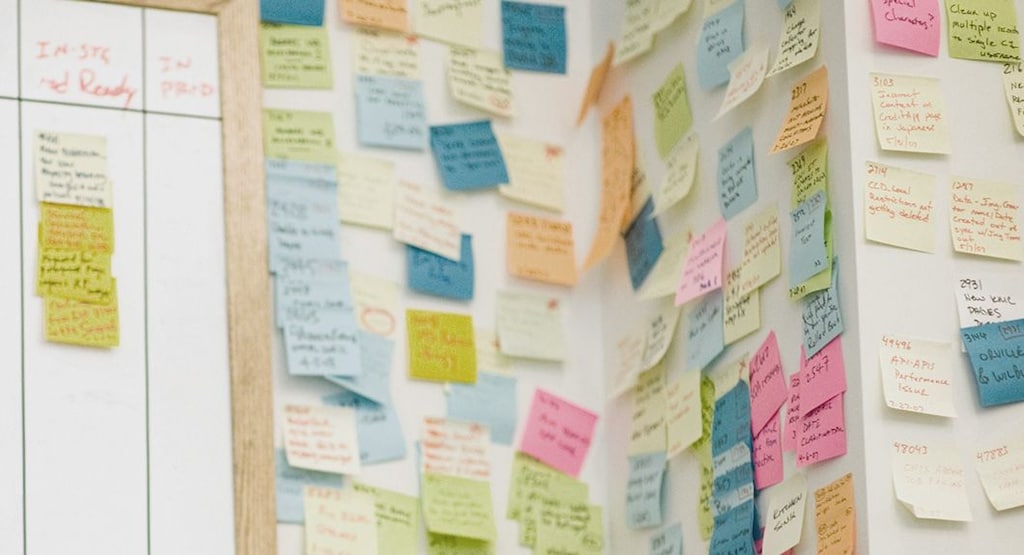The 4-day experience at this year's South By Southwest Interactive conference was both informative and exhausting. As someone who carefully protects his time, I paid close attention to the benefits of the experience. After all, it’s a long and expensive trip.
A few thoughts on SXSW and how to measure the benefits of conferences:
1. Curation is a powerful tool for self-promotion.
I should start with the topic of promotion and the heavy degree of marketing throughout the conference experience. From the moment I got off the plane, I was inundated with flyers, quarter-cards, posters and all sorts of giveaways that would have required me to check my luggage had I kept them all.
However, amidst the noise, there were a few people and companies that stood apart as particularly effective in their marketing. AOL set up a booth where they sorted through the day's news at the conference and streamed channels of information for particular interests. In effect, AOL was serving as a curator of the overwhelming amount of stuff, and people gravitated toward the booth.
Perhaps the best strategy in the 21st century for self-promotion (for you or your company) is to serve as a curator? If people like your taste—or just the way you display information—they will tune into your message. And nothing beats a captive audience when it comes to spreading a message!
2. The future of advertising is education.
A common discussion at the conference was the future of advertising. It is clear that brands are struggling to figure out what effective advertising looks like in the era ahead. Tools like Twitter and location-aware apps are providing a powerful layer over every branded experience that we come in contact with everyday. Suddenly our social networks play more of a role in "defining a brand" that the brands themselves.
With brands in the hands of the people, a new genre of advertising will arise that is more authentic and borderline educational. Companies will tap their expertise as a way to win people over. For example, GE knows a lot about the future of energy and jet engines, Pepsi knows a lot about marketing and beverages, The New York Times knows a lot about journalism.
While you would likely skip over any commercials from these brands, you might be interested in their perspectives in areas where your interests intersect. Maybe you want to learn about GE's smart grid from the scientists behind it? Perhaps you would enjoy a behind-the-scenes perspective on how a newspaper is assembled every single day from The New York Times? Great things happen when companies leverage their expertise for public interest. It also makes for powerful advertising.
The corporate marketing departments are not going to make the leap, but the creative minds in advertising agencies—and more likely the production companies that actually do the work—will start to experiment with a new form of advertising that will serve its viewer in profound ways. With the rise of online video and the role your friends play in curating the content you consume, advertising needs to step it up a notch.
3. The value of attending conferences lies with personal connections, not panels.
There has been a recent surge of opinions about the lack of value in attending conferences. Some people make the case that we should stop attending conferences and just spend more time "doing stuff." True, the panel content at most conferences is rarely actionable nor informative. However, the circumstantial benefits of meeting people are immeasurable. In a world of increasing remoteness and virtual relationships, the benefits of physical engagement only increase. I would argue that conferences will become MORE essential as our lives become more digital.
Perhaps we must change the manner in which we attend conferences. Sometimes an hour spent with an old colleague is more valuable than the panel session that you planned to attend. Unstructured time spent discussing specific topics with likeminded folks might be more valuable than sitting and watching a formal panel discussion or keynote presentation on stage. Rather than subject ourselves to the rigidity of a weeklong conference schedule, we should seek to maximize the potential of connections with those around us. At this year's TED conference, I learned just as much if not more during the side conversations over lunch and breaks. At times, the conversations ran over and I missed a few sessions altogether. At first I regretted it, but in retrospect some of these conversations were the highlight of the conference.




